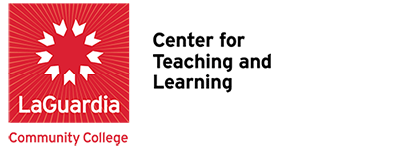
Philosopher David Chalmers visits LaGuardia, asks students and faculty “Is Virtual Reality real?”
On Wednesday, March 28th, David Chalmers, Professor of Philosophy at NYU, co-Director of NYU’s Center for Mind, Brain, and Consciousness, and part-time faculty member at the Australian National University, spoke to a packed room of students and faculty at LaGuardia Community College about what he called “virtual realism.” Chalmers was one of a group of visiting speakers to visit LaGuardia during the 2015-16 academic year (others included environmental scientist Braden Allenby and physicist Michio Kaku) as part of a series of events sponsored by the Technology, Self, and Society (TSS) seminar. The TSS seminar is a two-year, NEH-funded project in which a group of faculty fellows gather monthly to study issues related to the overall seminar theme; the 2015-16 theme is “trans-humanism.”
Virtual realists like Chalmers endorse a particular kind of transhumanism that places virtual reality on the same spectrum as other kinds of lived experience. To be a virtual realist, one must answer “yes” to the following questions, Chalmers explained: Are virtual objects real? Do virtual events really happen? Are virtual experiences non-illusory? Is life in virtual reality as valuable as life outside of it? “In this talk I want to defend ordinary, temporary, imperfect virtual reality,” he told the crowd. “We don’t need to be living in The Matrix to be in a true moment of virtual reality.” After demonstrating how philosophers define key terms and premises in order to prove the logic of their arguments, Chalmers’ conclusion left many fascinated if also unsettled: “Virtual reality is not a second class reality.” If our perceptions give reality meaning, as Chalmers suggests, we can experience them as much within virtual, digital spaces as we do within the confines of our homes, offices, and classrooms.



